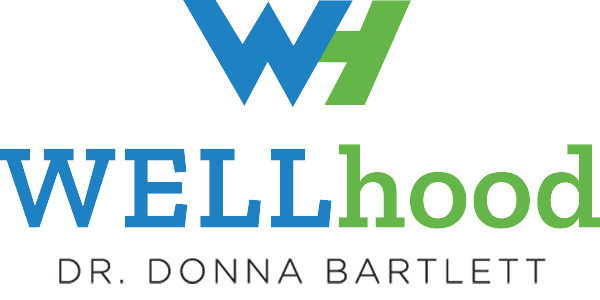How often have we heard this statement? I greatly appreciate the “village” that my family has been a part of for years. From helping with parenting and community volunteering it really does take a village. Coaches, teachers, parents, neighbors, and parishioners have all impacted the village that helped nurture our children and the next generation.
What happens though, as we age?…..
We may not have that same day in and day out village experience we once had when we had young children at home. Instead, we see people homebound, where is the village then? Does the individual need a computer to alert the village or to find resources? Probably. But can an older adult figure that out or have the technology available? Possibly. However, we cannot assume that people are comfortable with and able to hear and navigate a reception menu and pick the correct choice or have the technology available or the ability to use technology.
In health care, we also need a village. There may be a particular person at the pharmacy or doctor’s office that an older adult may bond with and be nurtured by when they have questions or need assistance. Unfortunately, this may not always be the case. How about when a prescription is called in for a refill and the older person hears, “It’s too early to refill.” We need the village to reach out and ask more questions, such as “Has there been a change?” “Are you already out of the medication?” “Is there another reason why you want it filled now?” This is especially needed when it is for a medication that is necessary or for a product, such as blood glucose (sugar) test strips for an older adult with type 1 diabetes.
Not all older adults, even those living in the community, can navigate, “Call your doctor, you need a new prescription that reflects the change.” This can be an overwhelming statement for an older adult. The village needs to step in and assist. Many in health care are overworked, but we need to think about our older adults and their changes. Is it odd that this patient would be calling about an early refill? Is this typical of this individual, or not so much?
There are many wonderful organizations, elder services, assistance programs, and senior centers throughout the communities, but are people aware of them? Or is the person “not that old” to use these services? (I hear that one a lot!) Can we, as a village, destigmatize these services and have them be more health conscientious, village-like, and team-oriented as in previous years when we were younger and rearing our children in the village?
I recently spoke with some families regarding the medications for their older relatives. These individuals are trying to activate their village by learning about the medications to ask better questions. They also asked about ways to approach their older family members regarding medications that they are possibly “attached to” and maybe apprehensive about changing.
- Explain to the older person that deprescribing is a thoughtful process and a means of optimizing their medications.
- Have the older person know that just because there may be a change it does not mean it is finite, they will be monitored and can see how they feel as medications are reduced, switched, or stopped.
- Support the individual that they are being proactive in their health.
Use the templates WISE and WELL with Donna Bartlett Medication List and Question List to help activate your health care village. When possible, try to not add on medications as a common response, but deprescribe when possible. Become active in your local senior center or learn more about their services or other community services including nutrition and exercise programs. Activating the village will be a process, just like deprescribing. As an added service, keep reading my blog weekly to learn more about deprescribing and optimizing medications.


0 Comments